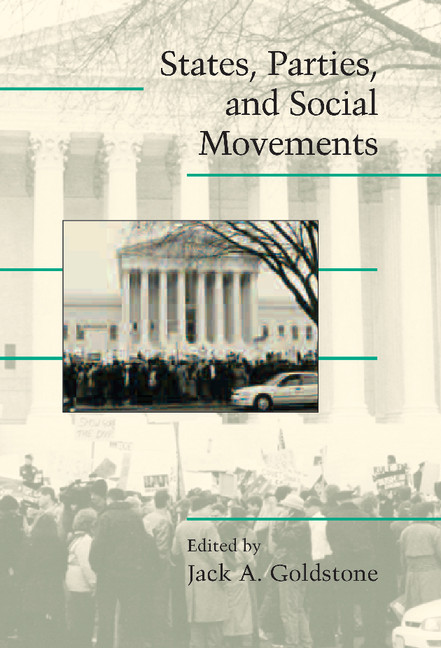Political Translation
At a time when the legitimacy of democracies is in question, calls to improve the quality of public debate and deliberative democracy are sweeping the social sciences. Yet, real deliberation lies far from the deliberative ideal. Theorists have argued that linguistic and cultural differences foster inequality and impede democratic deliberation. In this empirical study, the author presents the collective practices of political translation, which help multilingual and culturally diverse groups work together more democratically than homogeneous groups. Political translation, distinct from linguistic translation, is a set of disruptive and communicative practices developed by activists and grassroots community organizers in order to address inequities hindering democratic deliberation and to entreat powerful groups to work together more inclusively with disempowered groups. Based on ten years of fieldwork, Political Translation provides the first systematic comparative study of deliberation under conditions of linguistic difference and cultural misunderstandings.
- Proposes a new vision of democracy and deliberation in culturally diverse civic groups and social movements
- Introduces a new model of 'the third' within deliberative democracy
- Presents a working model of democracy that makes possible cooperation and coalition building in heterogeneous groups and settings characterized by structural inequality and geographic distance, based on case studies in Europe and the US
Reviews & endorsements
‘For decades, those of us intensely interested in the inequalities that typically arise in social movements despaired of finding ways to counter those inequalities - of class, gender, race, and language. Now, in a breakthrough analysis, Nicole Doerr shows how the techniques of political translation can right many of the inegalitarian wrongs that typically flow from an open participatory setting. In a series of closely observed and well-analyzed cases, Doerr shows how social movement activists evolved these techniques and used them effectively. A must-read for anyone interested in social movements or (an unusual juxtaposition) deliberative democratic theory.' Jane Mansbridge, Charles F. Adams Professor of Political Leadership and Democratic Values, Harvard University
‘Rich in empirical evidence and original in its theoretical approach, this book discusses challenges and opportunities for the discursive quality of democracy in culturally diverse forums. Different from neutral facilitators, political translators have the potential to address positional misunderstanding emerging from inequalities and power. An essential read for those who are interested in deliberative democracy in social movements and beyond.' Donatella della Porta, Dean of the Institute of Humanities and Social Sciences, Scuola Normale Superiore, Florence
‘At last - an innovative, specific way to make public deliberation inclusive, democratic, and effective. Nicole Doerr's groundbreaking study of decision-making forums on two continents is a must-read for anyone interested in moving beyond the tensions and misunderstandings of modern politics.' Kathleen Blee, Senior Associate Dean, Dietrich School of Arts and Sciences, University of Pittsburgh
‘Political Translation is one of those rare gems that offers a fresh perspective - dare I say, a new language - for understanding recurrent themes in the study and practice of participatory democracy: power, inequality, inclusion/exclusion, and bridging cultural-political differences. This path-breaking analysis highlights translation as a critical practice and metaphor with the potential to transform our understanding of social movements.' Jeffrey S. Juris, Northeastern University, Massachusetts
'All in all, Political Translation is a compelling book about building a culture of justice through changing how we interact with other(nes)s in our diverse societies. It also provides an impressive bibliography on radical democracy from multidisciplinary angles; an invaluable resource for those willing to continue this fascinating and necessary journey.' Julie Boéri, Translation Studies
Product details
March 2018Hardback
9781108420716
160 pages
236 × 156 × 16 mm
0.36kg
2 tables
Available
Table of Contents
- Introduction: bridging differences within deliberation: political translation
- 1. Paris: a political translation collective emerges
- 2. Frankfurt versus Atlanta: political translators as coalition leaders
- 3. Santa Brigida, California: how political translation failed at City Hall
- 4. Santa Brigida revisited
- Conclusion: a new model for deliberation.






